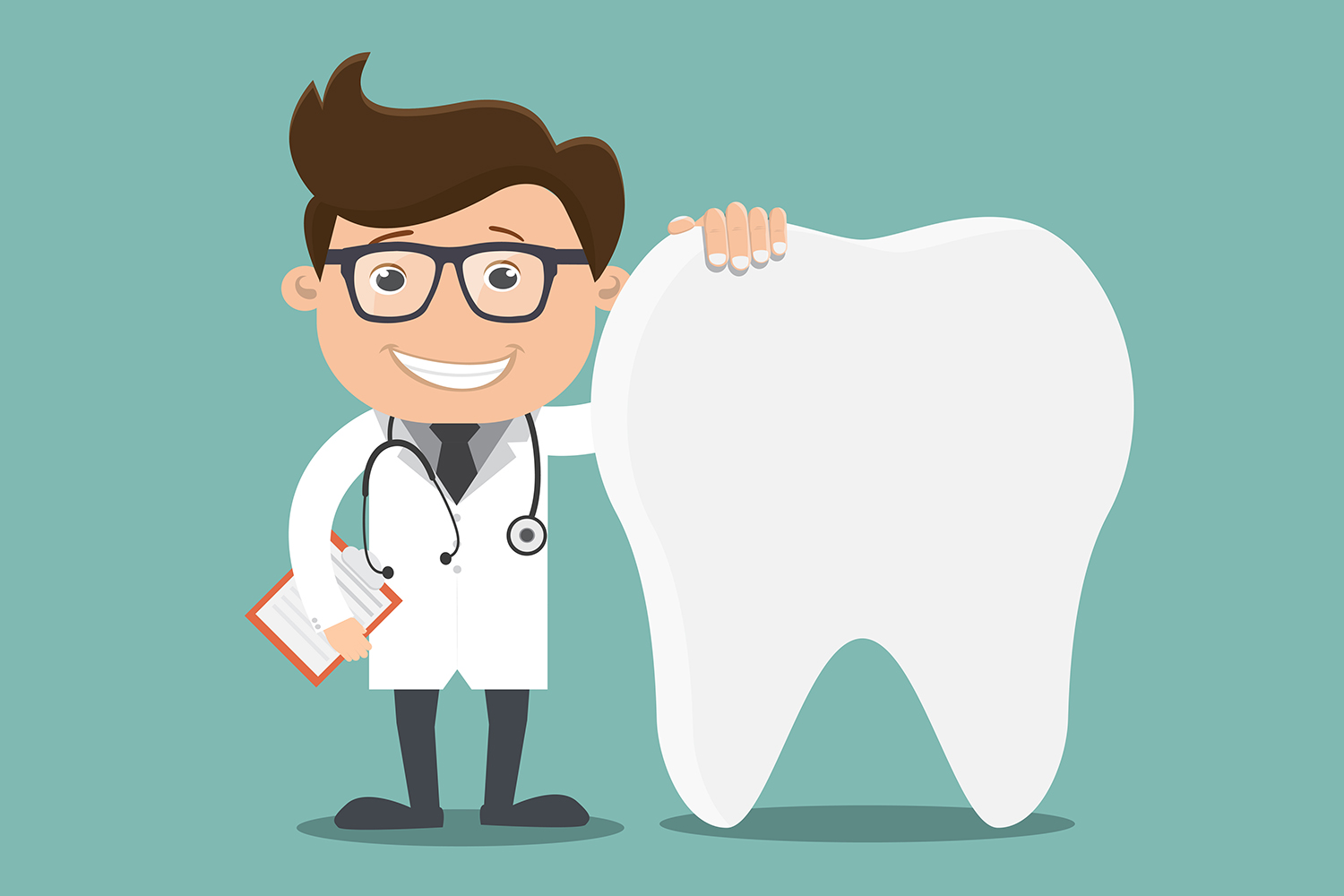Usual Questions Concerning Dental Veneers Answered
Dental veneers have actually become a significantly desired choice for those looking to enhance their smiles, yet numerous people remain unpredictable about numerous aspects of their use. Secret concerns usually develop relating to the application procedure, long life, and prospective dangers related to these cosmetic enhancements. In addition, the difference in between porcelain and composite veneers can considerably influence one's option. As we explore these usual inquiries, it ends up being important to think about not only the benefits however likewise the implications of choosing for dental veneers in quest of a much more confident appearance. What elements should one consider before making such a decision?
What Are Dental Veneers?
Dental veneers are thin, custom-made coverings crafted from porcelain or composite material that are made to cover the front surface area of teeth. These dental prosthetics offer both useful and aesthetic objectives, giving a solution for numerous oral flaws, consisting of discoloration, chips, voids, and imbalance. By sticking to the teeth, veneers can substantially enhance the total appearance of a smile, developing a much more consistent and eye-catching appearance.
Porcelain veneers are particularly favored for their natural clarity and discolor resistance, making them an optimal option for people seeking durable outcomes. On the other hand, composite material veneers are typically much less expensive and can be applied in a solitary see, but they may not provide the same longevity as porcelain alternatives.
The choice to select oral veneers typically comes from a wish for visual enhancement, but patients need to also take into consideration aspects such as the long life of the material, maintenance requirements, and the prospective demand for tooth reduction (Dental Veneers). Eventually, dental veneers stand for a functional and effective remedy for achieving a radiant smile, dealing with specific cosmetic requirements while advertising confidence and self-esteem
Exactly How Are Veneers Applied?
The application procedure for veneers requires careful planning and precision to make sure ideal results. The procedure normally starts with a detailed assessment, where the dental practitioner evaluates the person's oral wellness, reviews wanted outcomes, and establishes the ideal kind of veneers, whether porcelain or composite material.
When the therapy strategy is developed, the dentist prepares the teeth by getting rid of a slim layer of enamel, generally concerning 0.5 mm to 1 mm, to fit the veneer. This action is crucial as it ensures a proper fit and stops the veneers from showing up large - Dental Veneers. After preparation, perceptions of the teeth are taken to produce custom-made veneers that match the client's special oral structure and aesthetic preferences
While the long-term veneers are being made in a dental lab, momentary veneers may be placed to shield the ready teeth. As soon as the long-term veneers are all set, the dental expert will thoroughly bond them to the teeth utilizing a strong dental adhesive.
What Are the Benefits?

Furthermore, veneers are understood for their longevity and resistance to tarnishing compared to natural teeth. Made from top notch products such as porcelain or composite resin, they can keep their look for years with proper care. This longevity makes them a functional financial investment in one's oral look.
In enhancement to aesthetic enhancements, veneers can likewise add to improved oral health and wellness. By covering damaged or compromised teeth, they can offer added support and protection, helping to prevent more degeneration or deterioration. This safety element can minimize the need for a lot more substantial dental treatments in the future.

How Lengthy Do They Last?
With correct care and maintenance, oral veneers can last anywhere from 10 to 15 years, making them a long-lasting option for enhancing one's smile. The durability of veneers largely depends upon the material used, the high quality of the initial positioning, and the individual's adherence to oral health techniques.
Porcelain veneers are understood for their sturdiness and resistance to discoloration, generally lasting closer to the 15-year mark when looked after appropriately. Composite veneers, while a lot more economical, might require replacement quicker, usually within 5 to one decade due to their sensitivity to wear and discoloration.

Additionally, using a mouthguard during sporting activities or nighttime can provide added security. Ultimately, while veneers offer a considerable aesthetic improvement, their durability is significantly influenced by the commitment to proper dental treatment and normal assessments with an oral professional.
Exist Any Risks?
Considering the transformative results of dental veneers, it is very important to acknowledge the potential dangers associated with their application. While veneers can enhance the look of teeth, the treatment includes the elimination of a slim layer of enamel, which can raise tooth sensitivity and vulnerability to degeneration.
One significant risk is the opportunity of inappropriate placement or suitable, leading to discomfort, bite imbalance, or also damages to the underlying tooth structure. In addition, if the veneers are not preserved properly, they can come to be tarnished or broken with time, necessitating replacement.
People might likewise experience allergic responses to the products used in the veneers, specifically if they have level of sensitivities to certain dental compounds. While veneers are long lasting, they are not indestructible; excessive force from clinching or grinding can lead to cracks.
It is necessary for people to speak with a certified dental expert to review their specific risks and to comply with aftercare instructions carefully. By comprehending these dangers, people can make educated decisions regarding their dental veneer treatment and make certain the durability and success of their improvements.
Conclusion
In recap, dental veneers represent an important cosmetic service for improving smiles, with considerations regarding their application, advantages, long life, and associated risks. Inevitably, informed decision-making relating to oral veneers can lead to acceptable visual outcomes and enhanced dental wellness.
Oral veneers are thin, customized shells crafted from porcelain or composite resin that are designed to cover the front surface of teeth. After prep work, perceptions of the teeth are taken to create custom-made veneers that match the patient's unique oral framework and aesthetic choices.
While the permanent veneers are being made in an oral laboratory, short-lived click to find out more veneers may be positioned to shield the ready teeth. Once the long-term veneers are ready, the dental practitioner will meticulously bond them to the teeth utilizing a solid oral adhesive. Inevitably, educated decision-making regarding dental veneers can lead to acceptable visual outcomes and enhanced oral wellness.